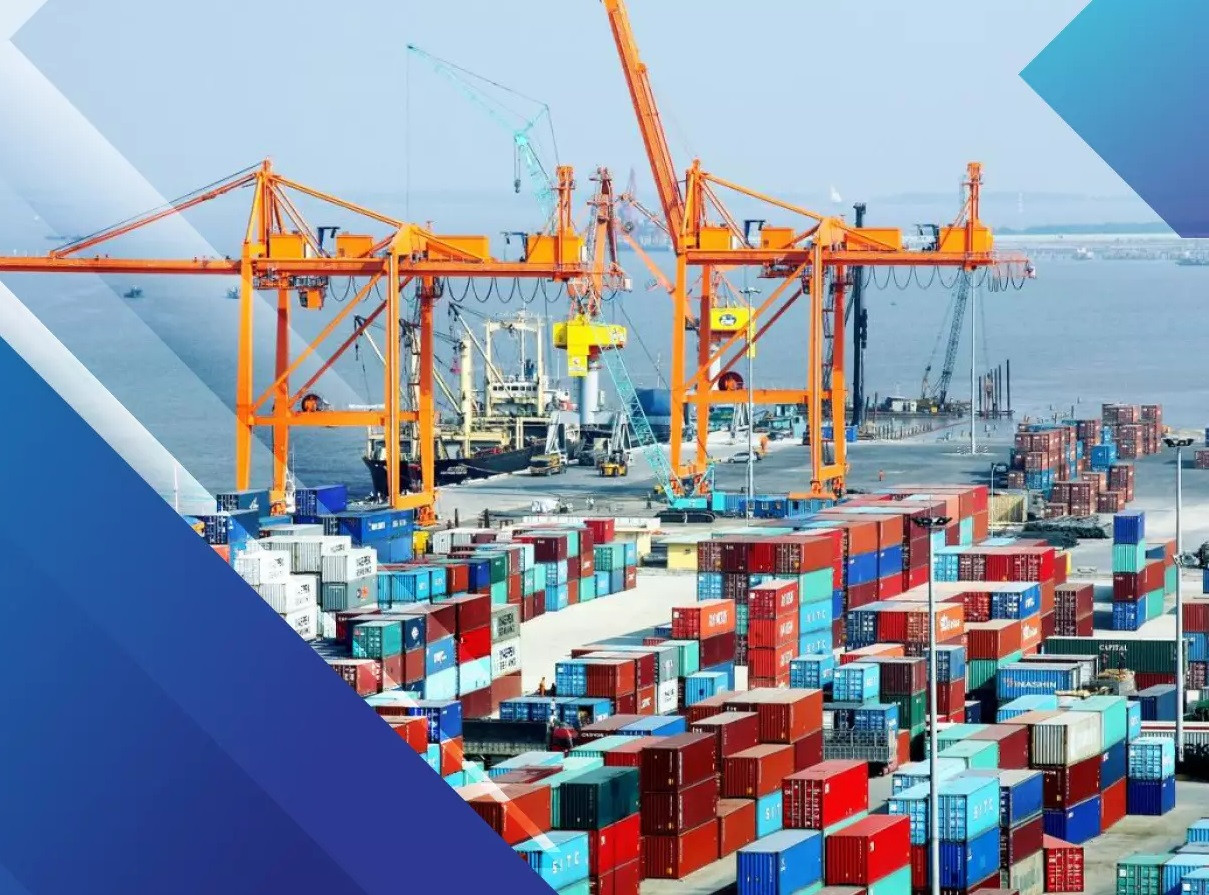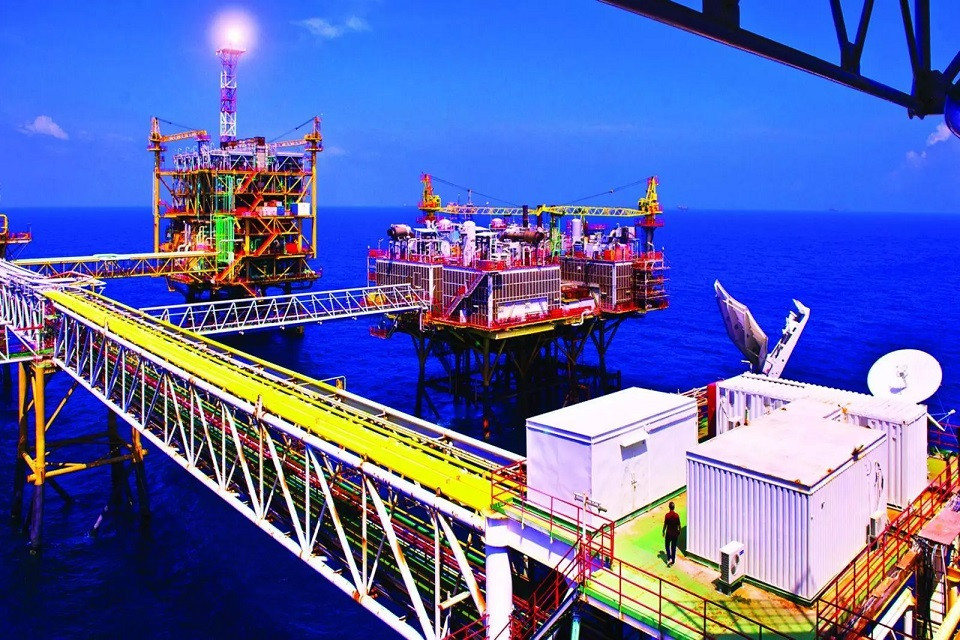
According to data from the Ministry of Planning and Investment, there are about 500 enterprises with 100% charter capital owned by the State, and nearly 200 enterprises in which the State holds the majority capital. Excluding defense, security and agro-forestry enterprises, there are 94 large-scale SOEs, including nine economic groups, 67 corporations, and 18 companies operating under the parent-subsidiary model.
The wholly state-owned enterprises account for about 7% of total assets and 10% of equity of all enterprises in the Vietnamese market. The average asset of SOEs is VND6,095 billion/enterprise, 18 times higher than that of foreign-invested (FDI) firms and 139 times higher than that of private companies. Many SOEs have built prestigious brands of products, goods and services with great influence in the region and the world.
However, the development of SOEs is not commensurate with resources they hold. Their growth is still under expectation and requirement. They have not been able to do things within their ability.
In the past five years, SOEs have not had any major investment projects that can create a breakthrough to the economy. The restructuring of SOEs is still a formality, lacking a strategic vision for development, especially for participation in global value chains. The scale of SOEs is decreasing, while their debt index is the highest. This leads to a very limited contribution of SOEs to the economy in the coming time.
On March 17, 2002, the Vietnamese Government approved the project "Restructuring SOEs, focusing on economic groups and corporations in the period of 2021-2025". The project aims at improving the operational efficiency and competitiveness of SOEs on the basis of modern technology, innovation, and management according to international standards. They will perform the role of a guiding star for businesses of other economic sectors.
Previously, the Ministry of Planning and Investment drafted the project: "Developing large-scale SOEs, especially multi-owned state economic groups”, to promote the role of paving the way and leading other economic sectors.
According to the project, there will be seven SOEs of this type. These large-sized SOEs must have total assets of over VND 20,000 billion, account for a market share of 30% or more, have a return on capital ratio of over 6%, be well-governed by using international practices (OECD), have the ability to master high technology, and stand firm against the "shakes" of the economy.
The Ministry of Planning and Investment explained that "paving the way" is understood in the sense of targeting new industries and fields to meet the development requirements of the country, and "guiding" in the sense of targeting industries that form linkages and value chains, and promote innovation with the participation of enterprises from other economic sectors.
Bottlenecks

According to experts, for SOEs to develop and thrive, the most important problems that must be resolved are "bottlenecks".
Mr. Le Dang Dung, former General Director of Viettel Group, said that SOEs that want to do business in a new industry need a lot of time to get permission and fulfill administrative procedures. If it takes them a year to get permission, the opportunity will disappear. It is also difficult for them to quit a business, to buy shares of foreign enterprises, or to divest capital abroad. So how can Vietnamese SOEs reach out to the world?
Chairman of Viettel Group Tao Duc Thang said that it is inappropriate to evaluate the performance of SOEs on a project-by-project basis. In fact, production and business activities of enterprises are affected by many factors and always have certain risks, so it is impossible to perform all projects successfully. If every project is required to be a success, SOEs would not dare invest in new and innovative fields.
Leaders of the Vietnam Post and Telecommunications Group (VNPT) and Vietnam Electricity (EVN) said that it is necessary to consider SOEs as private enterprises. Leaders of SOEs must be held accountable for what they do. The most important issue is the policy, mechanism and post-inspection sanctions. Leaders of private enterprises will only lose money if they fail, but leaders of SOEs, if they fail, will also lose their political lives.
The current management method, remuneration mechanism and handling of responsibilities with SOEs still follow regulations for state employees, so leaders of SOEs are not encouraged to take the initiative and innovate. The current mechanism holds back SOEs, so how can they "pave the way" and "take the lead"?
Tran Thuy